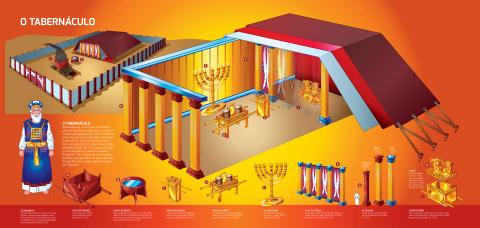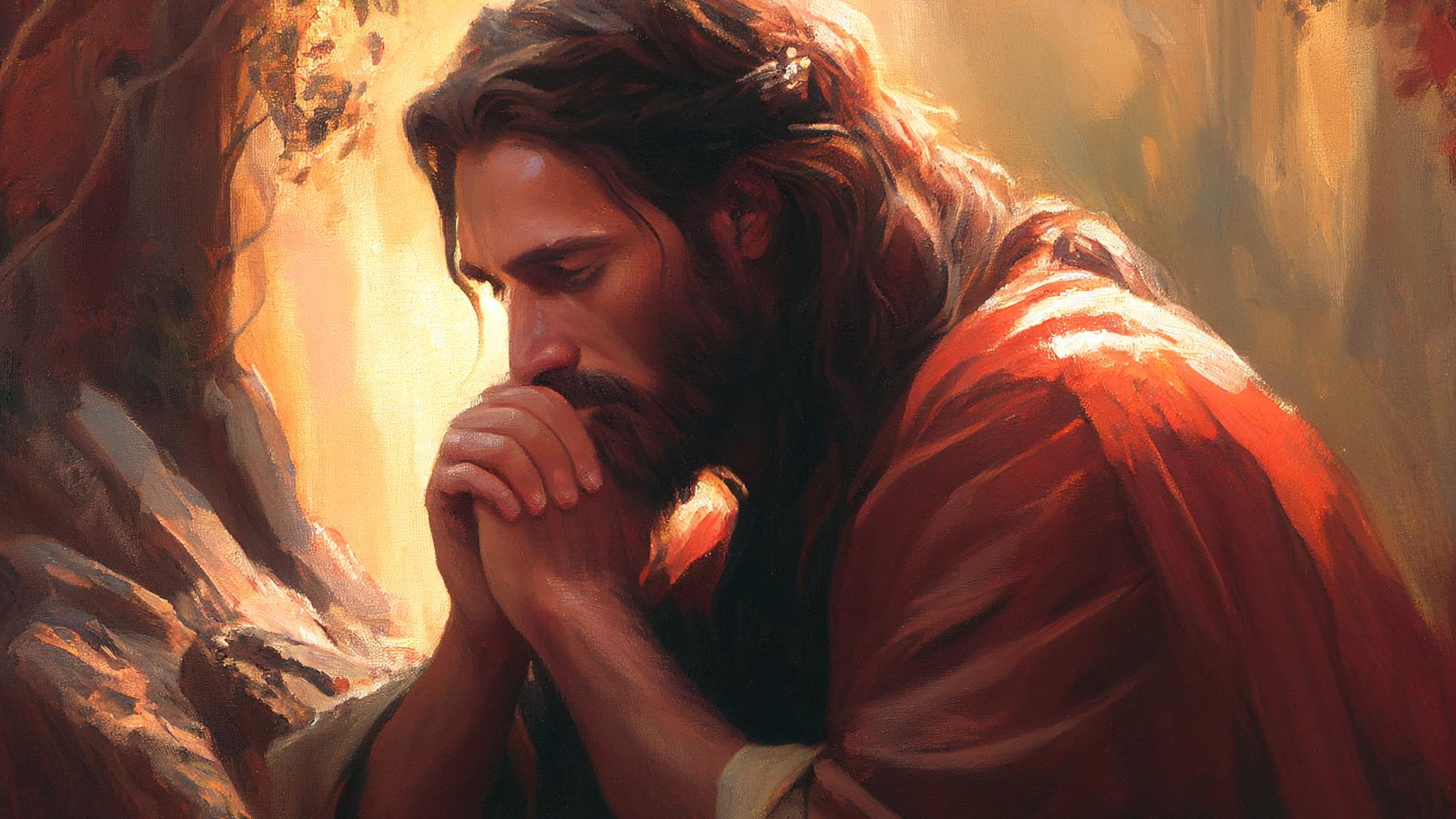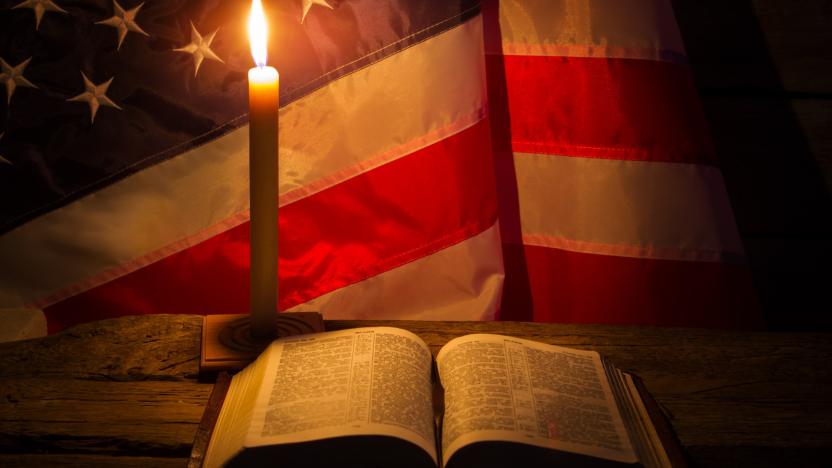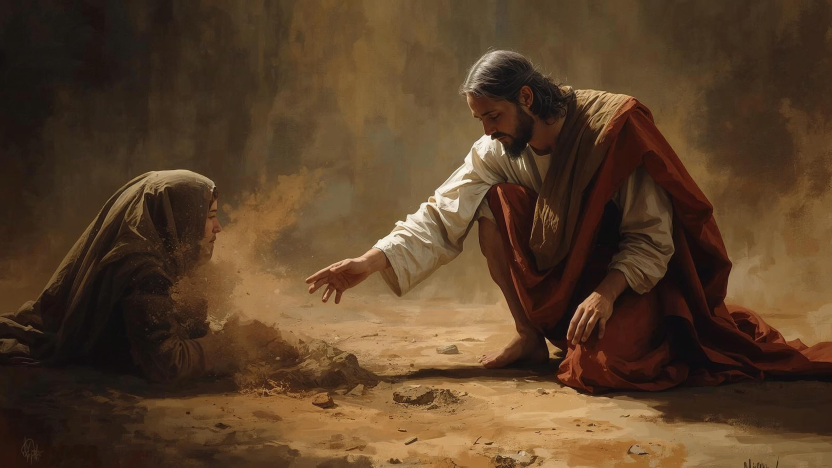“I go to prepare a place for you.”
John 14:2b
Approximately 2000 years ago, the Messiah came as a tiny baby, born of a virgin, in Bethlehem of Judea. His mission was to “save His people from their sins” (Matthew 1:21). Four thousand years before that, the father of our race, Adam, disobeyed God and infected his descendants with a deadly disease called sin. “For as by one man’s disobedience many were made sinners, so also by one Man’s obedience many will be made righteous” (Romans 5:19). The Messiah came “that the world through Him might be saved” (John 3:17). To accomplish this, He had to live a sinless life in this sinful world. But even more, He had to die a sinless death, accepting our deadly disease, so that we could have his purity. “He made Him who knew no sin to be sin for us, that we might become the righteousness of God in Him” (2 Corinthians 5:21).
Jesus did this for us so many centuries ago, but what is He doing for us now? He told his disciples the answer to this question. He said, “I go to prepare a place for you. And if I go and prepare a place for you, I will come again and receive you to Myself; that where I am, there you may be also” (John 14:2b-3).
Jesus is preparing a place for us in Heaven! You might be thinking, “It’s a good thing He was a carpenter because that is a lot of houses to build.” Actually, the houses are already there. He said, “In My Father’s house are many mansions; if it were not so, I would have told you” (John 14:2).

So, if our mansions are already there, how is He preparing a place for us? The book of Hebrews gives us more details about what exactly Jesus has been doing since He returned to Heaven. Hebrews 4:14 says that Jesus has been serving as our “great High Priest” in the heavenly sanctuary. Just as a high priest served in the Tabernacle built by Moses and the Jerusalem temples, Jesus is serving as our High Priest in the heavenly sanctuary. “We have such a High Priest, who is seated at the right hand of the throne of the Majesty in the heavens, a Minister of the sanctuary and of the true tabernacle which the Lord erected, and not man” (Hebrews 8:1-2). The earthly tabernacle was just a model of the heavenly one to help us know and understand the heavenly sanctuary and the plan of salvation. (See Exodus 25:9).
Growing up, I had a beautiful cherry red Ferrari model car. It could not do what a real Ferrari could do. But it looked like a real Ferrari, although on a much smaller scale. Plus, every time I looked at it, I was reminded about what a real Ferrari could do.
Interceding for the Repentant
The same is true with the earthly tabernacles and temples. They looked like the heavenly sanctuary, but they could not do what the heavenly sanctuary could do—take away our sins. However, every time we look at the earthly sanctuaries and study them, it reminds us and shows us what the true sanctuary in Heaven can do.
The role of the earthly high priest in Bible times shows us what Jesus is doing as our heavenly high priest. Part of the priestly role was to intercede for the repentant. In Bible times, if you sinned, you would bring your innocent, perfect lamb to the priest, confess your sins on its head, thus transferring your sin to the lamb, and then you killed the lamb. The priest would catch the blood of the lamb you had slain, take it into the sanctuary, and sprinkle it on the curtain and altar, thus transferring the sins from the sinner to the sanctuary. He would also offer prayers of intercession on your behalf.

Christ is serving the same role in Heaven. “Therefore He is also able to save to the uttermost those who come to God through Him, since He always lives to make intercession for them” (Hebrews 7:25). He is in Heaven, offering His righteousness for all who confess their sins. Jesus does not want any of us to sin, but “if anyone sins, we have an Advocate with the Father, Jesus Christ the righteous” (1 John 2:1).
The high priest in Bible times was also responsible for cleaning the sanctuary once a year of all the sins that had been transferred to it. This happened on the Day of Atonement. “For on that day the priest shall make atonement for you, to cleanse you, that you may be clean from all your sins before the LORD” (Leviticus 16:30). All the sins that had been transferred to the sanctuary were then symbolically transferred to a scapegoat, which was banished from the camp forever. The high priest would clean off the blood in the sanctuary and hang a fresh new curtain.
Heavenly Day of Atonement

This Day of Atonement was a very solemn day every year for the Israelites. They were to afflict their souls, confess their sins, and make sure they were not bearing any transgression in their lives but that all had been transferred to the sanctuary. “For any person who is not afflicted in soul on that same day shall be cut off from his people” (Leviticus 23:29). This was a time of judgment. The righteous—those who had confessed their sins—could stay, but the ones who hung on to their sins were forever separated from Israel. After the Day of Atonement was the Feast of Tabernacles when all the Israelites would come and dwell (i.e., tabernacle) with God and have seven days of feasting.
The yearly Day of Atonement in the earthly sanctuary was symbolic of the heavenly Day of Atonement, when our Great High Priest Jesus Christ will cleanse the heavenly sanctuary once and for all, removing all the sins we have transferred there since the fall of humanity. (See Hebrews 9:23). Those who do not confess their sins bear the penalty of them— “the wages of sin is death” (Romans 6:23)— and are cut off forever. All the confessed sins in heaven will be placed on Satan, the scapegoat, who will bear the guilt of them for 1000 years before being destroyed in the lake of fire. (See Revelation 20).
Call to Action
Have you confessed your sins to Christ and accepted His righteousness in your life? Jesus is interceding for you right now in the heavenly sanctuary. If you are reading this, it is not too late to make your confession. Please take the time right now to confess your sins and ask Him to create in you a clean heart. “He is faithful and just to forgive us our sins and to cleanse us from all unrighteousness” (1 John 1:9).

Scripture taken from the New King James Version®. Copyright © 1982 by Thomas Nelson. Used by permission. All rights reserved.




